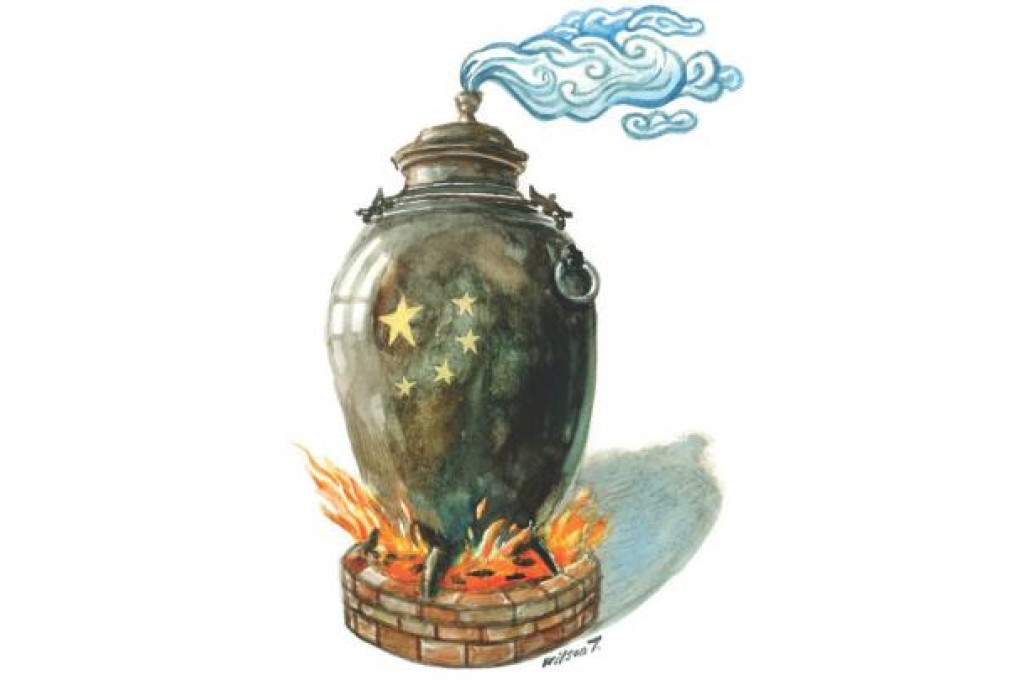China's dream of transformation
Lanxin Xiang says the China dream, as long as it remains vague and is not overly politicised, can unite the people behind reform. And the first priority must be to revamp the political structure

A new fashion is gaining ground in Beijing: interpreting a dream. The trendsetter is not a Chinese Freud, but the nation's new top leader Xi Jinping, who first elaborated on the "China dream" after visiting a history museum in Beijing in November. Now, the dream has intoxicated the Chinese media as well as the two red-carpet shows of politics in Beijing. A school of explanation has been fully appropriated by the official propaganda machine, and not a day goes by without some state TV news anchors and commentators offering their jaded opinions.
Indeed, while scrambling for authority over interpreting the meaning and content of the China dream, some commentators have gone too far, bordering on the absurd. One expert at the National Development and Reform Commission has even tried to quantify the dream, claiming China "has already realised 62.5 per cent" of it. But, for the likes of People's Liberation Army officer, Senior Colonel Liu Mingfu, the only thing that will make the China dream come true is for China to match the military power of the US.
No one is asking the crucial question why China needs another dream after the tragic end of a "harmonious world", which was a dream of Xi 's predecessor, Hu Jintao . The real world, both the Chinese and the outside world, has in fact become ever more precarious and disharmonious.
There is one crucial difference between the two. The dream of a "harmonious world" was primarily meant for foreign consumption, but it wrongly assumed that the world was ready to believe in China's "peaceful rise".
The China dream's primary audience is at home, hence it can become a rallying call for popular participation that a "harmonious world" could not, for the latter only represented the elite's imagination about the real world. The catastrophic foreign policy in the past decade is the hard proof.
Despite the obsession with this new catchphrase, few seem to know what the China dream is. Among the dazzling variety of interpretations, at least three broad versions can be found. First, restoring China's past glory and status; second, repeating a century-old dream to have a "modern, rich and powerful" state; and, third, making Chinese people happy so as to maintain social stability. But if we scrutinise all three, it appears the last two are universal dreams of any functioning nation-state, while the only unique characteristic of the China dream is the first, which reflects the proclivity of the traditional Chinese thought pattern: the dream of returning to a golden age, whether legendary or real.
The key word therefore is "restoration". But what is the golden age? Xi does not explain. This is a very smart political move, for a Chinese golden age could be interpreted as a civilisational legacy as well as modern revolutionary heritage. Thus, we have a one-size-fits-all dream that can attract a maximum number of people. Cultural conservatives are happy with the implication for reviving Confucian tradition; modernists are not averse to the idea because the dream leaves space for further liberalisation of the system; and the communist veterans and their descendants, the princelings, feel they will not lose their entitlement since the golden age can be readily attributed to the heroism of the communist revolution.